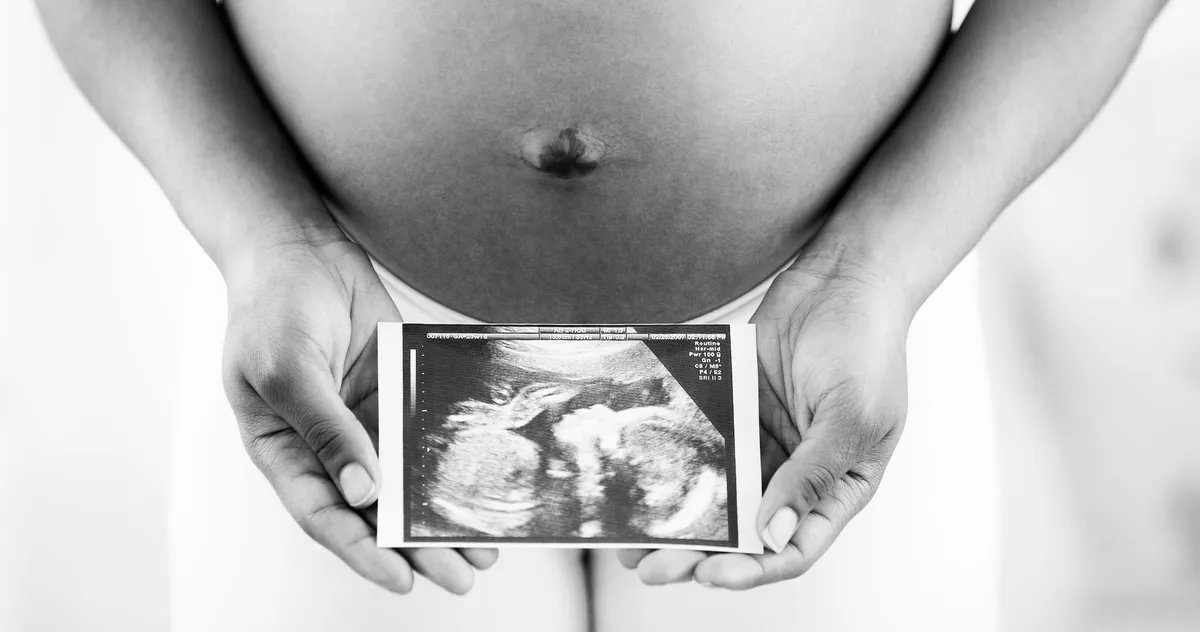Asthma, heart disease, and other health problems have been related to global warming. New research reveals that rising global temperatures may increase the likelihood of severe pregnancy-related diseases, particularly in the third trimester.
And, according to research author Anqi Jiao, a Ph.D. student at the University of California, Irvine, this is expected to worsen in the near future. “Climate change will continue to have an impact on all aspects of health, with the severity and duration of extreme heat events increasing,” she said.
Severe maternal illness is an umbrella phrase for 21 catastrophic disorders that might include, among other things, heart attacks, kidney failure, abrupt cardiac arrest, heart failure, anesthetic difficulties, blood infections, and the need for a hysterectomy (uterus removal).
“These women… would have died if appropriate and timely identification and intervention had not been provided,” Jiao added. “However, severe pregnancy-related illnesses are thought to be preventable to a large extent.”
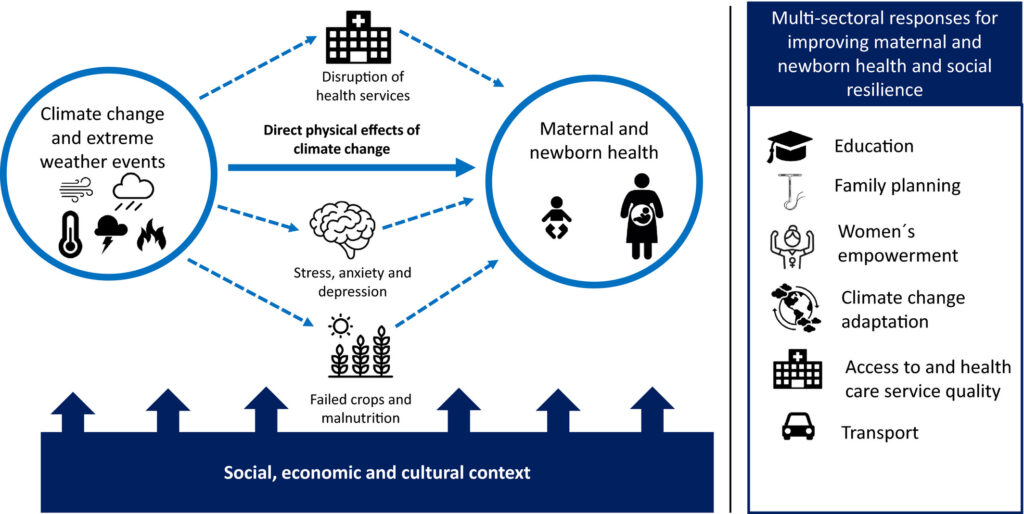
Furthermore, she continued, these illnesses can result in longer-term treatment and rehabilitation, as well as a bigger financial strain on families.
The exact mechanism by which excessive heat causes major pregnancy difficulties in expecting mothers is unknown, but the researchers have some suggestions. Heat exposure can create dehydration and a mineral imbalance in the blood, which can cause inflammation, an elevated heart rate, and other symptoms, according to Jiao.
The study, which was published in JAMA Network Open on Thursday, involved almost 403,000 pregnancies in Southern California from 2008 to 2018. There were 3,446 reports of serious pregnancy-related diseases among these.
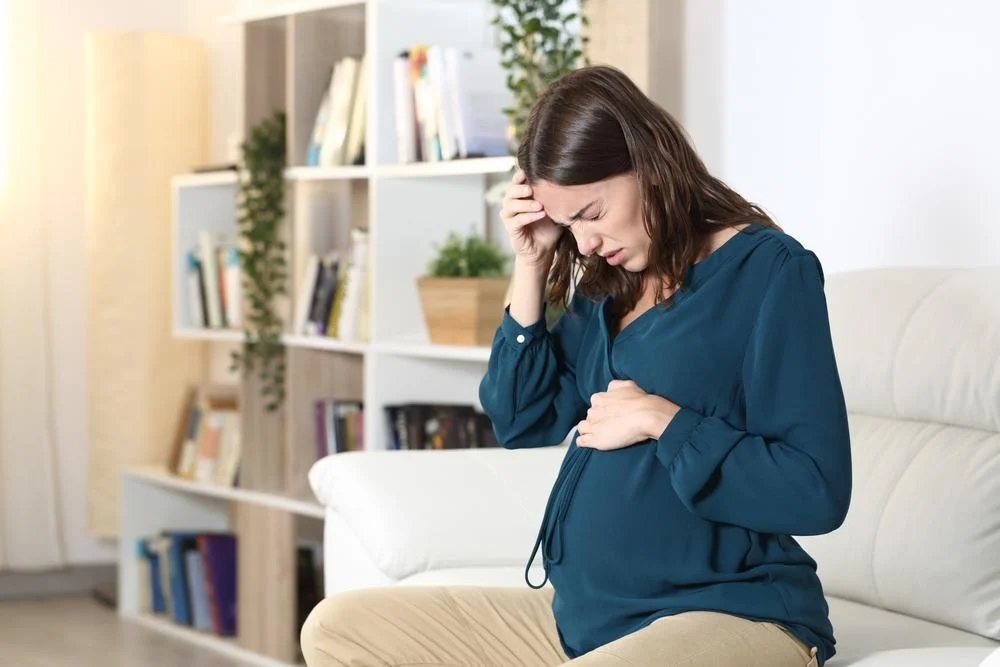
According to the study, pregnant women who were exposed to the most intense heat during their pregnancy had a 27% increased chance of experiencing a serious pregnancy-related disease, and pregnant women who were exposed to extreme heat during their third trimester had a 28% increased risk of severe sickness.
According to the study, pregnant women with less education were also more exposed to heat exposure and related dangers.
“Doctors and society may provide additional instructions or assist them in understanding the potential heat effect during their pregnancy and encourage them to take action to protect themselves from extreme heat,” Jiao said.
Take care to protect your health if you are pregnant during a heat wave, especially if you are in your third trimester. This includes seeking shade when the temperature rises, according to Jiao.
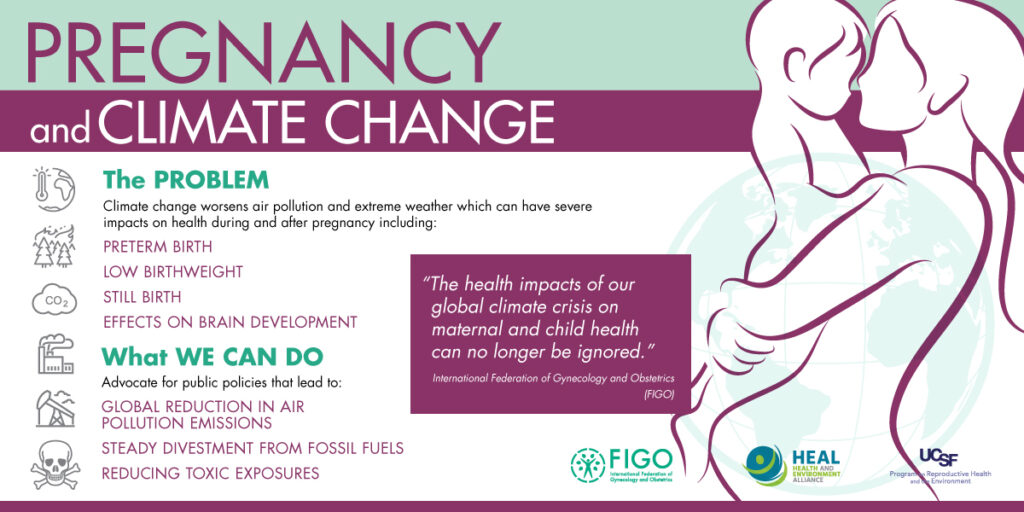
Dr. Nathaniel DeNicola has dedicated his career researching the influence of the environment on maternal and fetal health. He is an obstetrician-gynecologist at Caduceus Medical Group in Yorba Linda and Irvine, California, and an environmental health expert for the American College of Obstetricians and Gynecologists.
The current study shows that the timing of extreme heat exposure during pregnancy is important. “Extreme heat in the third trimester is more dangerous for pregnant women, especially if it occurs in the week before delivery,” said DeNicola, who was not involved in the study.
Women in their third trimester during the genuine dog days of summer usually conceive between November and April, depending on where they reside, he said. Women in their third trimester during the winter months fare better, he claims.
There is a lot you can do to avoid serious heat-related problems during pregnancy.
To begin, if you are pregnant during a heat wave, drink plenty of water. “I do not recommend a specific amount of water, but it is important to stay well ahead of thirst,” DeNicola added.
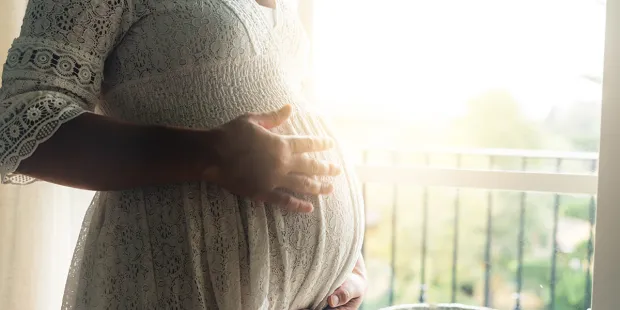
Look for ways to stay cool during the day, especially when the heat index is at its peak.
“Consider cooling centers, museums, or other public indoor spaces if you do not have air conditioning where you live,” DeNicola advised.
He also advises pregnant women to download the heat index app from the US Occupational Safety and Health Administration and the National Institute for Occupational Safety and Health. “This app can tell you when it is safe to go outside or exercise outside and when it is not,” he explained.
DeNicola said, “Know the symptoms of heat exhaustion.”
“These appear before heat stroke and can be subtle at first, but they accelerate quickly,” he explained. Sweating, thirst, headache, muscle weakness, cramps, dizziness, and nausea are all symptoms.
“These are early signs of heat exhaustion, indicating that you need to find ways to cool down,” DeNicola explained.
Download The Radiant App To Start Watching!
Web: Watch Now
LGTV™: Download
ROKU™: Download
XBox™: Download
Samsung TV™: Download
Amazon Fire TV™: Download
Android TV™: Download

